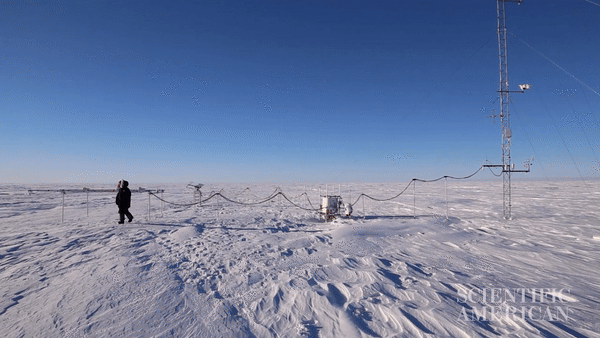[Video] What Research in Antarctica Tells Us about the Science of Isolation

| The Science of Isolation Dear Reader, Over the past few months, the phrase “social distancing” has entered our lexicon. Many of us have found ourselves separated from family and friends—or at least from our normal social lives. As humans grapple with pandemic-induced isolation, science is starting to offer insight into what may be happening in our brains when our social contact with others is dramatically reduced. Support Our Mission. Become a Subscriber. Click here to save 25% on a digital subscription. Wishing you good health, | |
|
|

Comments
Post a Comment